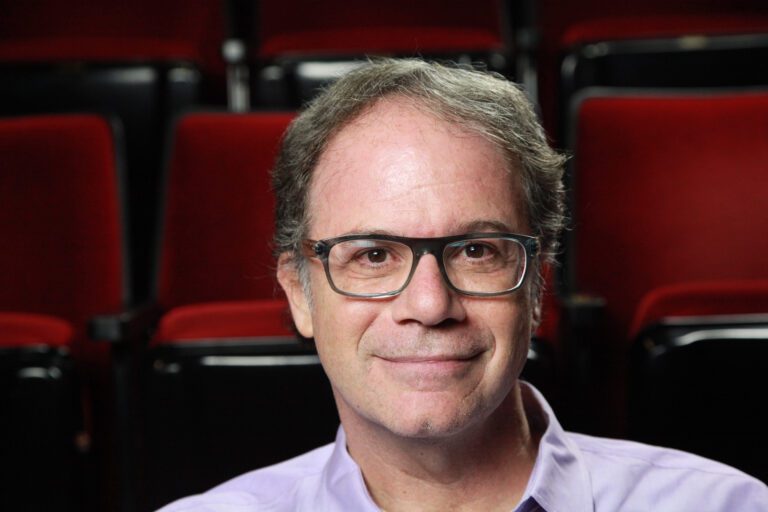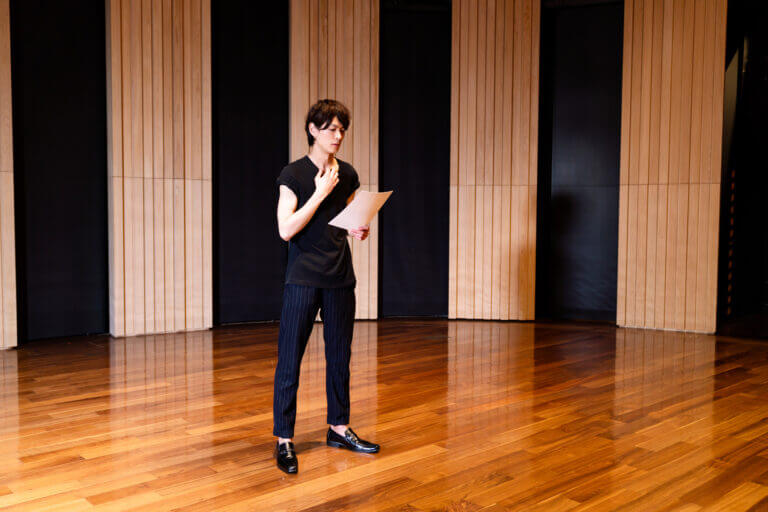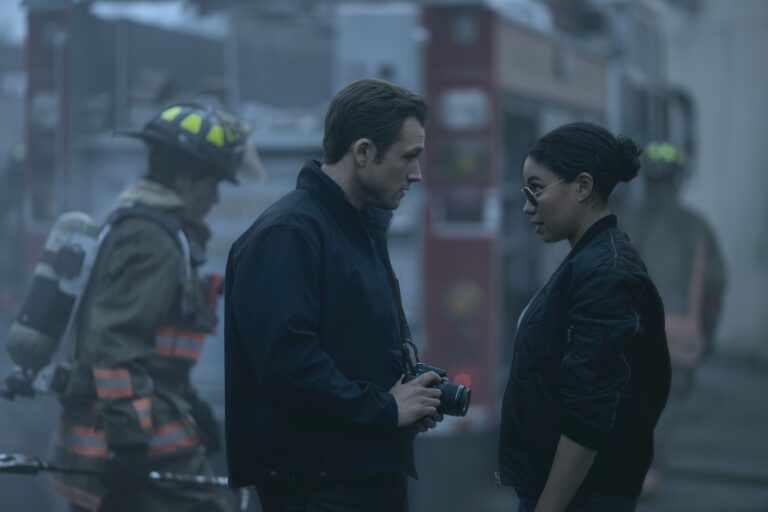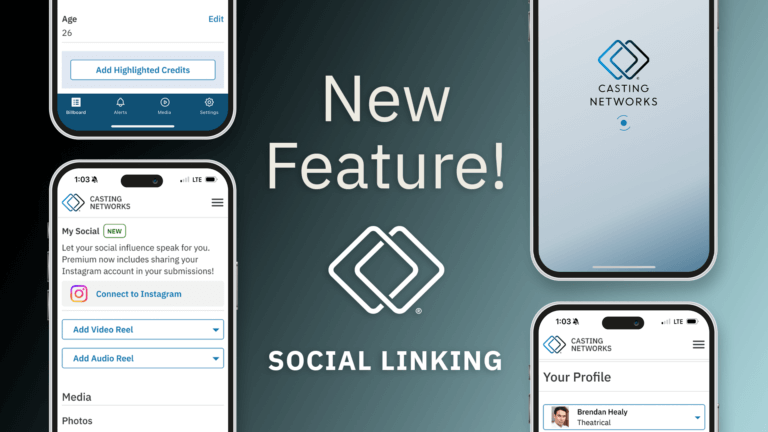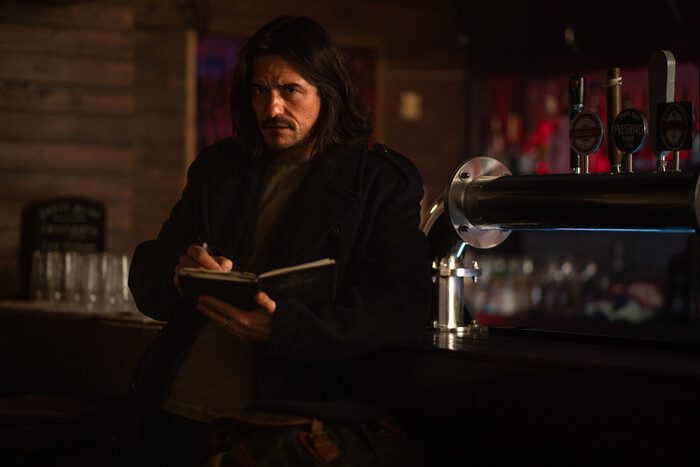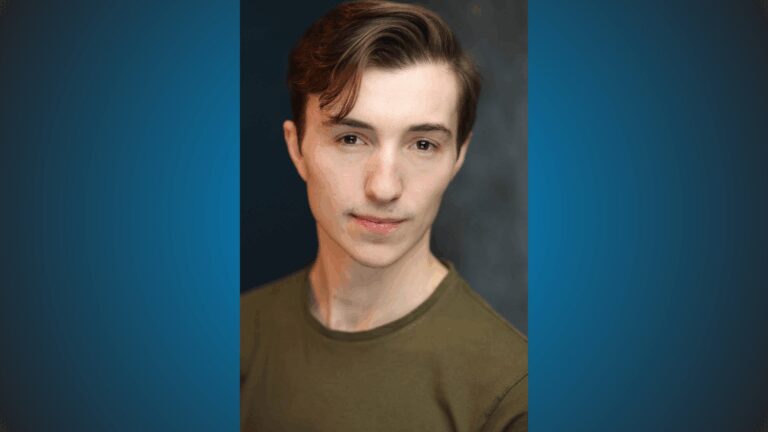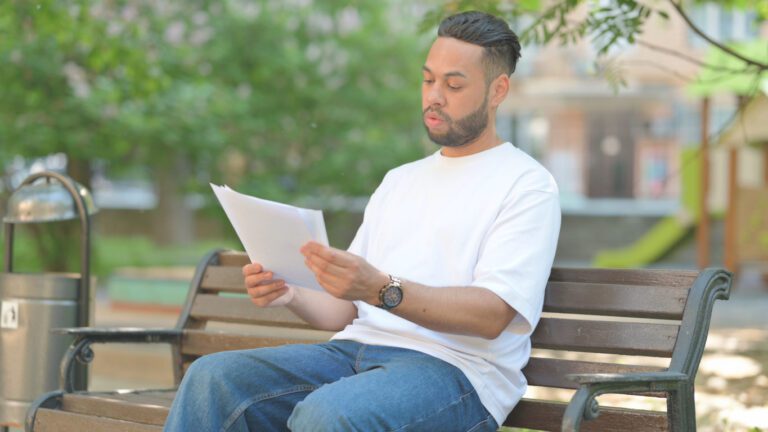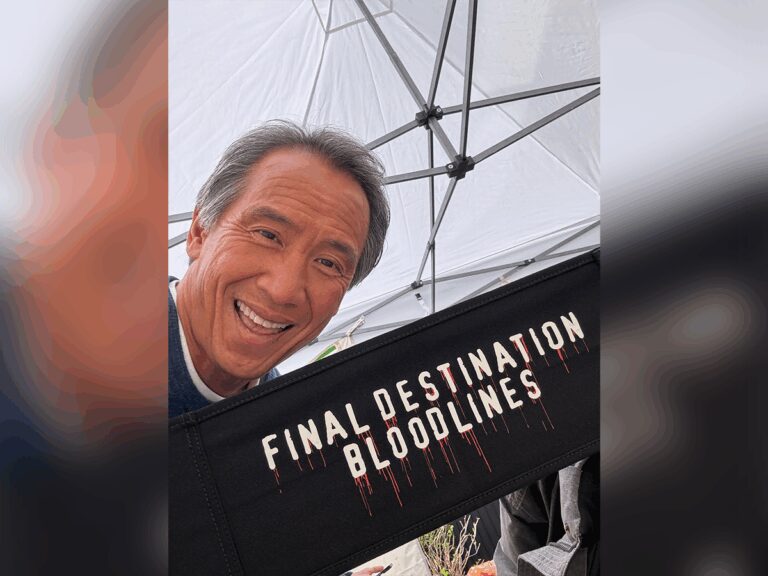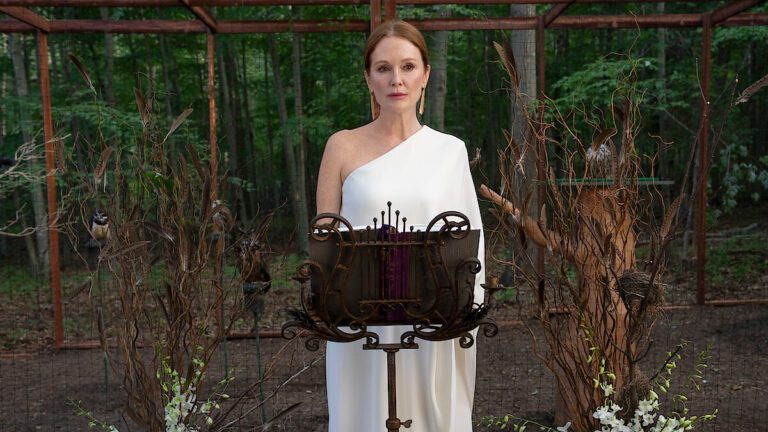It’s probably a safe bet that most European casting directors are, y’know, European. But one of the best currently working is American.
Cassandra Han took a circuitous route to working for German and Italian producers, while also taking on American movies shooting on the continent (like Ford v Ferrari, or Terrence Malick’s A Hidden Life), but that route has led to a very successful career.
Han’s most recent movie is the Somali Samia, the true story of Samia Yusuf Omar, a young sprinter who competed in the 2008 Beijing Olympics. The work earned Han her first Artios nomination, for Outstanding Achievement in Casting — International Feature. She spoke with us from her office in Munich, Germany.
Insights: Lessons from Cassandra Han
- Utilize language skills to open up casting opportunities in international projects.
- Audition authentically, making strong choices based on your own interpretation.
- Handle rejection positively; it often reflects role fit rather than your acting ability.
How did you get into casting?
Back in the early 90s in New York, I worked for a Broadway producer. There was a show that just kind of randomly needed some casting, so I started doing it. Then I worked for Sheila Jaffe for some time and Georgia Walken, then they started handing me projects that they didn’t want to do.
I just learned from there. I did it for, what, 14 years in New York, and then I moved to Europe, 21 years ago, and it took me about 10 years to figure out I could do it here.
What was it that led you to realize that you could work in casting?
I was actually a translator.
What languages do you speak?
German, Italian and a little Dutch. One of my clients was a film fund in the Italian Alps. All of a sudden they were like, “oh, didn’t you used to cast?” I said, “yeah, years ago,” and they said, “well, we really need it here.” I started doing it locally, in this German-speaking region of Italy, and that’s how the crossover happened as well because it was both markets.
I started doing location casting stuff there, and, of course, I got bored in like 10 minutes, and wondered if maybe I could do that on a larger scale. Then I branched out to Rome and to Germany, and I had all these years behind me. It was attractive to producers, somebody that has worked internationally.
Did the fact that you were an American working in Europe work for you or against you?
I think it worked for me. Casting in Europe is very different, but I can cast like a German and I can cast like an American, and a lot of the producers here realize, “oh, wait a second, this is helpful to us.” I’m converting a lot of the producers into my style of casting, which is just like normal American UK casting.
I’m fascinated by your career being almost exclusively in European film. You said that you kind of fell into it, just like you kind of fell into casting in the first place. Was that a conscious choice, to focus on international film?
I would be thrilled to do more American projections that come over. I’m a little bit outside of the box, in that I’m not 100% German, I’m not 100% Italian, I’m not 100% American, but lately I’ve been doing a lot more UK or international casting for European productions, which I like a lot.
And of course, you did Italian casting for Ford v Ferrari.
Exactly. It’s fun to cast in English. I’m usually casting in a foreign language, which is fine, but I enjoy it when an English language project comes along. It’s not just the negotiation of the deals, which I do think is important for me, but also being intricately involved in the usage of money.
I like being involved in that discussion about who gets paid and how much. It makes you integral to the production company and brings a certain relationship with them, which is a little bit different than if you’re just going through the creative process, and then they literally just flip it to the line producer to take care of all the financial stuff. I feel like there’s a disconnect there, which I don’t like having for myself.
What other differences between casting styles do you find?
It’s not every casting director, but I think in general, US and UK casting throws a wider net. Often, casting directors will show an actor’s reel, and the director will choose people from those to audition. I think that’s a little bit of putting the cart before the horse, and causes the same actors to play the same roles. I’ve had production companies say to me, “oh, but I don’t know that actor.” Then they’re out of the conversation.
If I’ve never heard of that actor, they can’t be any good.
(Laughs) It’s not malicious or anything. It’s just that I often have to convince the directors to do it this way. I’m going to do some exploratory casting at the beginning, find my selects, and show you those. I have found that directors are now quite comfortable with it, and the producers as well. It’s been working really well for me, and I do think you find fresh faces when you do it.
It sounds like there’s more of an educational aspect to your job, showing filmmakers people they might not have seen or even considered, and opening up another avenue entirely to them.
I hesitate to say “educational,” but I do feel it’s really important for the topsoil of the talent pool to get aerated. Otherwise, they shrivel and die.
I hear actors say that all the time, “we never get a shot. They don’t take a look at us. They already know who they want.” That’s an issue in every market. But if decisions are being made with a showreel, often if the person is playing a lawyer in the showreel, everybody’s like, “oh, it’s a banker, they’ll be perfect.” Whereas, if you’re actually asking an actor to audition, it’s a concrete conversation you can have about it.
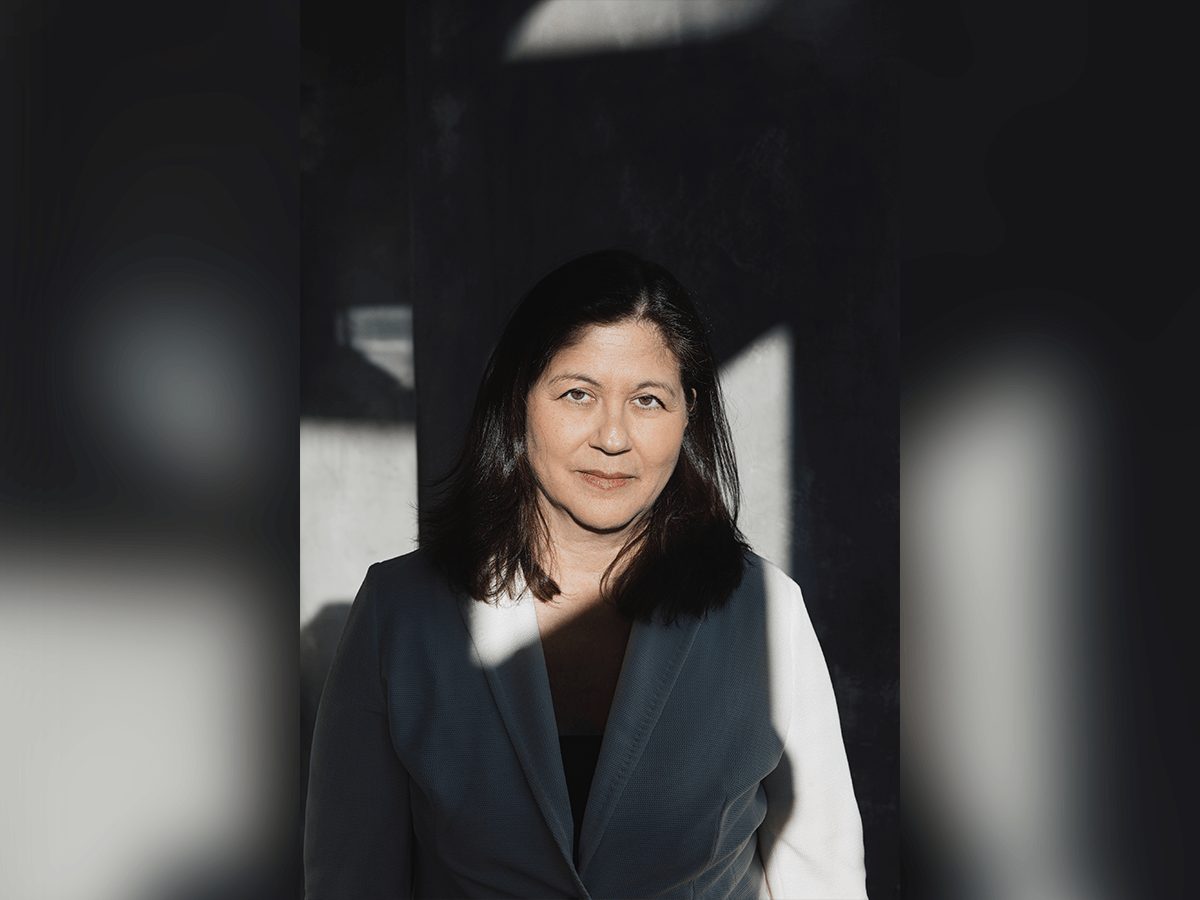 Photo by Elena Zaucke, courtesy of Cassandra Han.
Photo by Elena Zaucke, courtesy of Cassandra Han.Do you find that your job is getting easier or harder through this process?
My job is getting much easier, as I have more freedom and trust from the same production companies hiring me over and over again.
Congratulations on the Artios nomination. That’s a big deal.
It is a big deal. It’s very, very cool. I’m really excited about it. I mean, we’re in a tough category, against Emilia Perez, but still.
Being mentioned in the same breath is still pretty good.
A hundred percent. People say it’s an honor to be nominated, but it’s so true. It’s such a thrill.
What was it like when you heard that you had been nominated?
Oh, my God, so excited. Samia was a very, very hard project. It was the Somali diaspora, basically, and all in Somali, but we couldn’t shoot in Mogadishu because of the Al-Shabaab, so there was a lot of security around it. We had to be really, really careful, and we had a lot of problems. It took more than a year, and every actor in it is either making their screen debut, or their acting debut.
Seriously?
Yeah. The girl who plays the main character’s best friend, when she came to the audition, thought it was a catering interview. (Laughs) Every time I see that movie, I just cry, just because I’m so proud of the actors, and they found so much joy in it.
Is a film like Samia more satisfying when it really comes off?
Yeah. Whenever you’re casting non-professionals, there’s a certain point at which you’re not going to watch the movie and see Olivia Colman. If they can carry the movie, you’re thrilled, and hopefully, they’re as charming and wonderful people as they are when they’re not acting. It’s differently fulfilling and brings up a lot of emotions.
It really does make me so proud, like mom proud. When I see, say, Ford v Ferrari, I love that movie, it’s just a different world. It’s just apples and oranges, I guess.
Do you find with all the the auditions that you do, that there are common mistakes that people make?
Absolutely. Especially with taping, which is so important now. I think actors need to know that there are so many things that have nothing to do with you that are part of the decision. You just have to do your job. If you make it into the callbacks, you already did your job.
Actors often say, “oh my God, what did I do wrong? What happened?” Nothing happened. You were perfect, you just weren’t the right thing for this particular project.
The mistake is how people let it beat them down over time. Getting through that is, for me, the key to when an actor can have a career or not.
With that in mind, what piece of advice or wisdom would you give to somebody coming in to audition for you?
Own it. Own yourself.
I think all casting directors say this, but I so much want you to be the solution to my problem. Please knock it out of the park. We’re totally on your side. Everybody in the room is. Just understand that it’s really important to bring yourself, to feel free, to take chances, to make strong choices. Do it the way you want to do it, not the way that you think we want you to do it.
Ready to find your next role with Casting Networks? Sign up for a free trial today!
You may also like:

